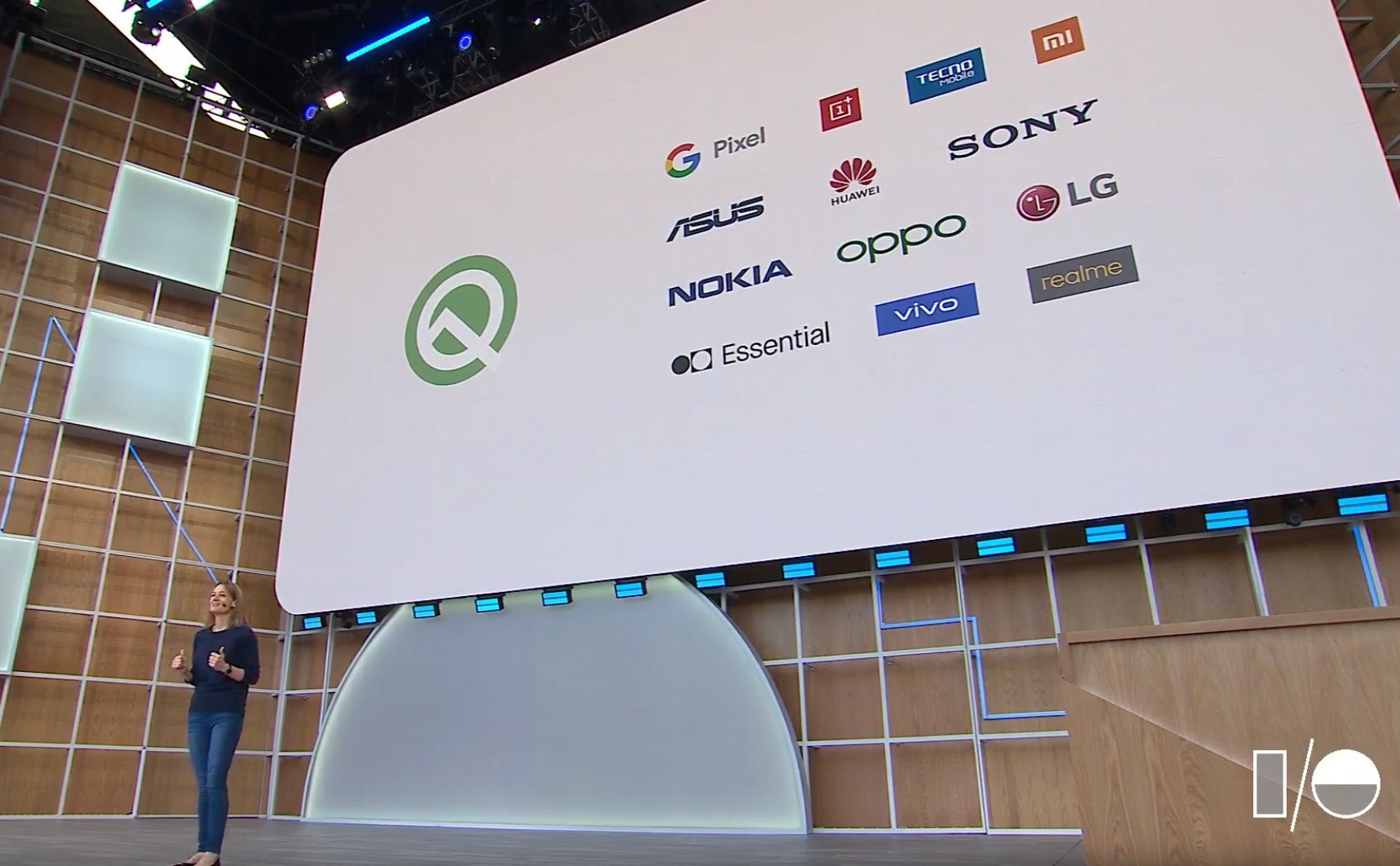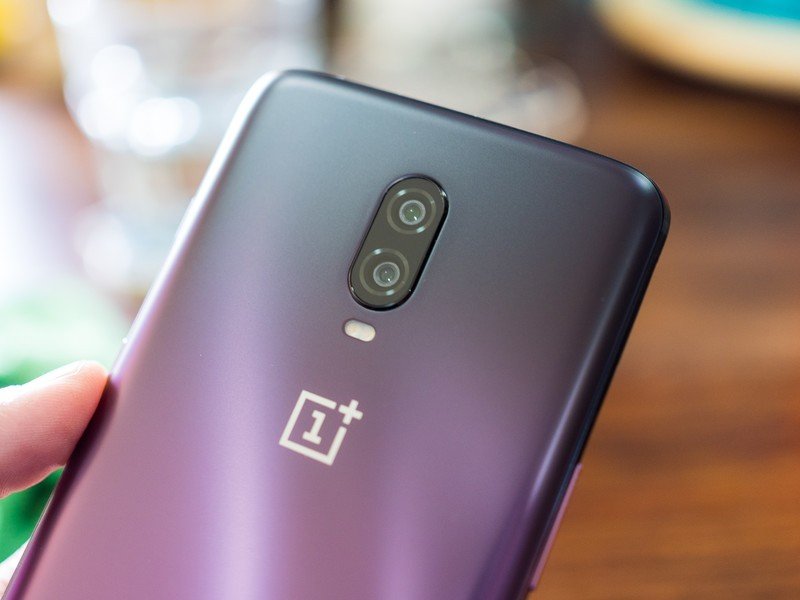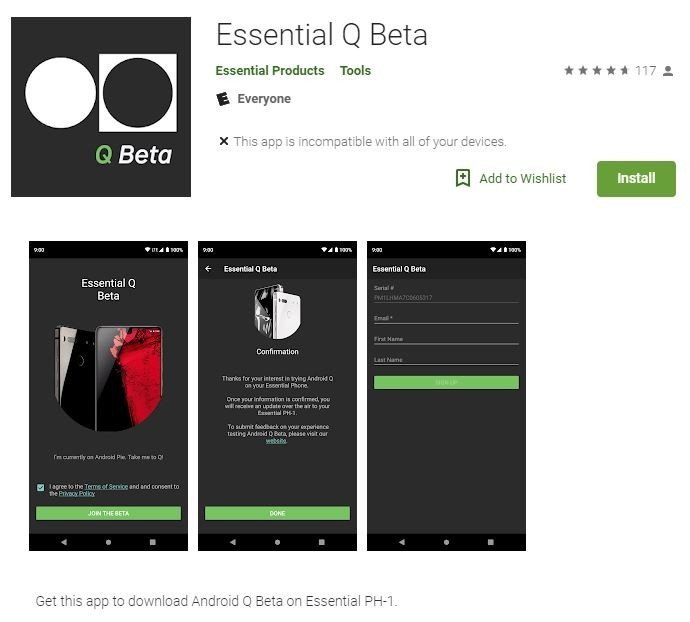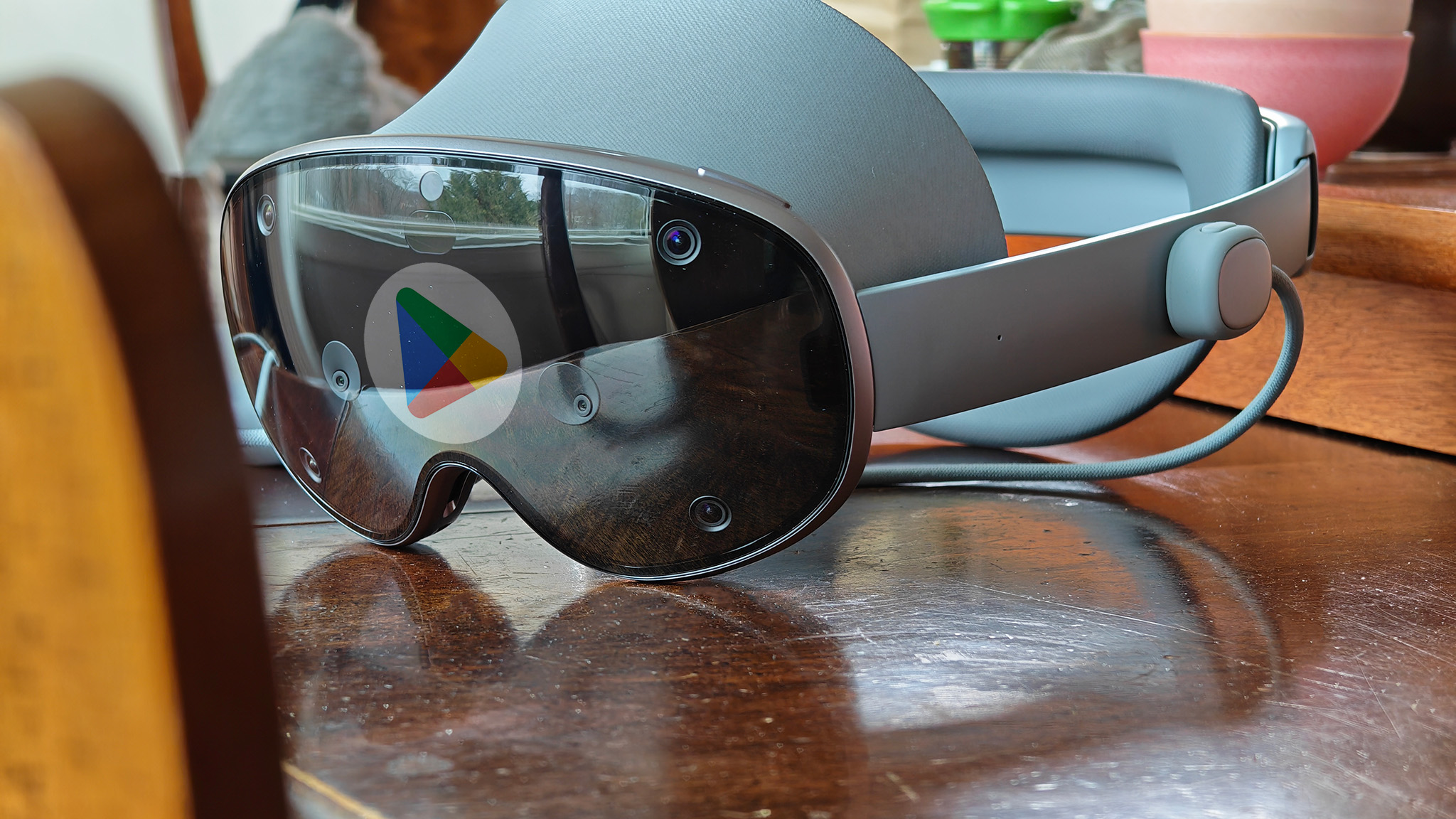The Android Q beta program is already fragmented

Get the latest news from Android Central, your trusted companion in the world of Android
You are now subscribed
Your newsletter sign-up was successful
Like we saw with Android P, the beta program that provides early access to Android Q is available for more than just Pixel phones. That's really cool for a couple of reasons: not every developer can afford a Pixel phone or wants a Pixel phone, and some brands (cough Huawei) need special attention when it comes to making apps compatible.
Android Q beta is not just for developers.
But it's not only developers who are interested in installing the Q beta, and that's important, too. Google uses the beta program for testing and feedback from users as well as providing early access for app development. As a rule, I don't mind seeing barriers in place that make a developer jump through a hoop or two for early access. Software developers are used to monkeying with everything in order to get it to work and when the actual process isn't nearly as easy as it was made to sound, it's situation normal to anyone writing software.
But that's not how the Android Q beta was meant to sound when Google said it was available for 21 different phones during the Google I/O 2019 keynote.
Today I'm excited to announce that Q beta 3 is available on 21 devices. That is 12 OEMs plus all Pixels. And that is more than double last year. We hope you head on over to the link to get it on your phone because we would love to have you try it out.
That sounded really awesome to every Android enthusiast that was sitting at home watching or even in attendance. The reality is a lot less awesome because once again, Google has allowed its hardware partners to make the rules instead of exercising any sort of control over Android.
Your phone matters

How you can get Android Q on your phone depends on who made it. Sounds a little familiar, doesn't it? Most phones will need to wait until the company that made them decides it is ready and officially updates because most phones are from Samsung, who doesn't participate in the Q Beta program. And before you ask, I'm cool with Samsung opting out. Samsung gets to decide what is best for the Samsung brand and that's what it is doing here. But what about those 21 unicorn devices? It seems that the manufacturer makes a big difference there, too.
More: How to get Android Q Beta 3 on your Pixel right now (or downgrade to Pie)
Of course, most everyone reading this is familiar with the way you get Android Q beta on a Pixel. You visit the beta website, make sure you are signed in and enroll your phone. That's pretty simple but Google isn't the only company to make it easy. Some, like OnePlus and ASUS, do things the way Android was written to support since the beginning and give you a factory image you install manually. I like this way the best because it forces you to learn how to fix it if and when things go bad.
Get the latest news from Android Central, your trusted companion in the world of Android

Essential has you install an app from Google Play and it's as easy as Google's Pixel method. Oppo and LG have a file you download that will automatically flash your phone. Giving easy access to the people you want to test your software is great, though sometimes being too easy means you're lost if you need to fix anything by hand. Still, this follows the spirit of the announcement where you just go and get it, then use it.
Then you come to the hoops. Huawei forces you to be a developer that's registered with Google Play and provide your credentials to get started. Nokia forces you to register with the HMD website and provide the IMEI and network provider you're using the phone with. This is because they "cannot offer the Android developer preview builds to devices on certain network providers." This is a far cry from "head over to the link to get it on your phone," isn't it?
Some companies make it easy to get the Q beta because they understand the customer base.
To be fair, I understand why these companies are doing what they are doing. Essential and OnePlus know that they have a substantial number of enthusiasts among their users and want to make things easy so there are new toys to play with. Other companies like Huawei, are treating the beta as a developer-only affair and probably don't want millions of people using software that's broke AF. Nokia can't piss off network providers by letting software that could break everything run amok. I get it. My problem is that everything is so disjointed. Android, it seems, is always disjointed.
This is a real niche thing and I'm spending a lot of words talking about the niche thing that doesn't matter to the vast majority of users. I get that. But it matters to me, and I know it matters to some of you. Our thoughts and opinions are valid, too. For once I'd love to see someone on a stage say something like "The beta 3 for Android Q is available for the Pixel and 9 other phones right now. It may become available for other models if the manufacturer decides to join the program" then not let the rules change. Don't let the OEM make all the rules.
There's not a lot Google can do once Android Q becomes open source. But right now, it holds all the cards, and a little consistency never hurts.

Jerry is an amateur woodworker and struggling shade tree mechanic. There's nothing he can't take apart, but many things he can't reassemble. You'll find him writing and speaking his loud opinion on Android Central and occasionally on Threads.
